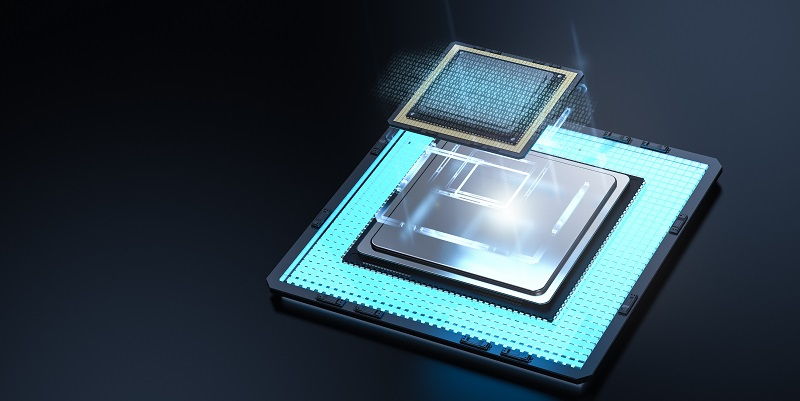Intel is gearing up to introduce its highly anticipated Alder Lake-S Desktop CPUs, armed with an array of new features and improvements. This powerful lineup is set to revolutionize desktop computing. In this article, we delve into the details surrounding Intel’s Alder Lake-S CPUs, exploring their increased L2 cache, performance gains over Rocket Lake CPUs, process node speculations, potential configurations, branding possibilities, and more. Join us as we prepare you for the next generation of Intel’s Core processors.
Increased L2 Cache
Cache plays a vital role in CPU performance, and Intel doesn’t disappoint in this aspect. The Arrow Lake-S CPUs will see a substantial increase in their L2 cache, boosting each large core to a remarkable 3MB. This cache increase promises to deliver exceptional performance improvement, enhancing the overall computing experience for users.
Performance Comparison with Raptor Lake CPUs
Early benchmarks have leaked, showcasing the impressive capabilities of Intel’s Arrow Lake-S CPUs. These projections estimate a significant 21% performance gain over the Raptor Lake CPUs, all while maintaining the same power levels. Furthermore, the integrated graphics processing unit (iGPU) is set to deliver twice the performance of its predecessors. Intel is raising the bar, focusing on power efficiency and graphics rendering capabilities.
Process Node and Configuration Speculations
The Arrow Lake-S CPUs are expected to feature the “Intel 20A” process node, showcasing Intel’s commitment to advanced manufacturing technology. However, rumors suggest that Intel may explore partnerships with TSMC for their 3nm process. Concrete details regarding the exact processes the tiles will be based on are yet to be confirmed.
In terms of configurations, Intel plans to deliver at least 8+16 core options for Arrow Lake-S. This move aligns these CPUs with the existing flagship Raptor Lake-S models, such as the powerful Core i9-13900K/14900K.
Uncertain Rumors
Amidst the speculations, whispers of even higher numbers of E-Cores have circulated. While exciting, these rumors lack formal confirmation. The industry eagerly awaits official announcements from Intel regarding the potential incorporation of these high-performing E-Cores.
Branding and Naming
Intel has historically followed a consistent naming convention for its desktop lineup, but it remains to be seen if the next generation will continue as the 15th Gen or adopt a new ‘Core Ultra’ series branding. This branding decision will undoubtedly shape how these processors are perceived and positioned in the market.
Core Ultra Generations
Arrow Lake CPUs mark the eagerly anticipated 2nd generation of Intel’s Core Ultra processors. Their predecessors, the Meteor Lake CPUs, represented the 1st generation, introducing striking enhancements to Intel’s product offerings. The continuous iteration and evolution of the Core Ultra series will undoubtedly give users access to performance levels previously unheard of.
Release Details and Socket Compatibility
Intel is expected to release the Arrow Lake-S Desktop CPU lineup in late 2024. These powerful processors will be supported by the LGA 1851 socketed motherboards, which will belong to the 800-series family. This compatibility ensures that users will have a seamless upgrade experience, capitalizing on the enhanced features and performance offered by Arrow Lake-S.
Upcoming Innovation Event
Excitingly, Intel has planned an innovation event for September 19th, presenting the perfect opportunity for the company to unveil further details and specifications regarding Arrow Lake-S. This event holds the promise of revealing more about the capabilities and innovations that these processors bring to the table, giving enthusiasts and professionals alike something to look forward to.
Intel’s Arrow Lake-S Desktop CPUs represent a significant leap forward in performance, cache capabilities, and graphics processing prowess. With an increased L2 cache, projected performance gains over Raptor Lake CPUs, and the utilization of cutting-edge process nodes, Intel is poised to deliver a game-changing desktop computing experience. Whether the branding continues as the 15th Gen or embraces the ‘Core Ultra’ series designation, one thing is certain: Arrow Lake-S CPUs are set to redefine the boundaries of desktop computing power. As we eagerly await the release and upcoming Innovation event, the excitement surrounding these processors continues to grow, offering immense potential for users seeking unparalleled performance in their desktop systems.

